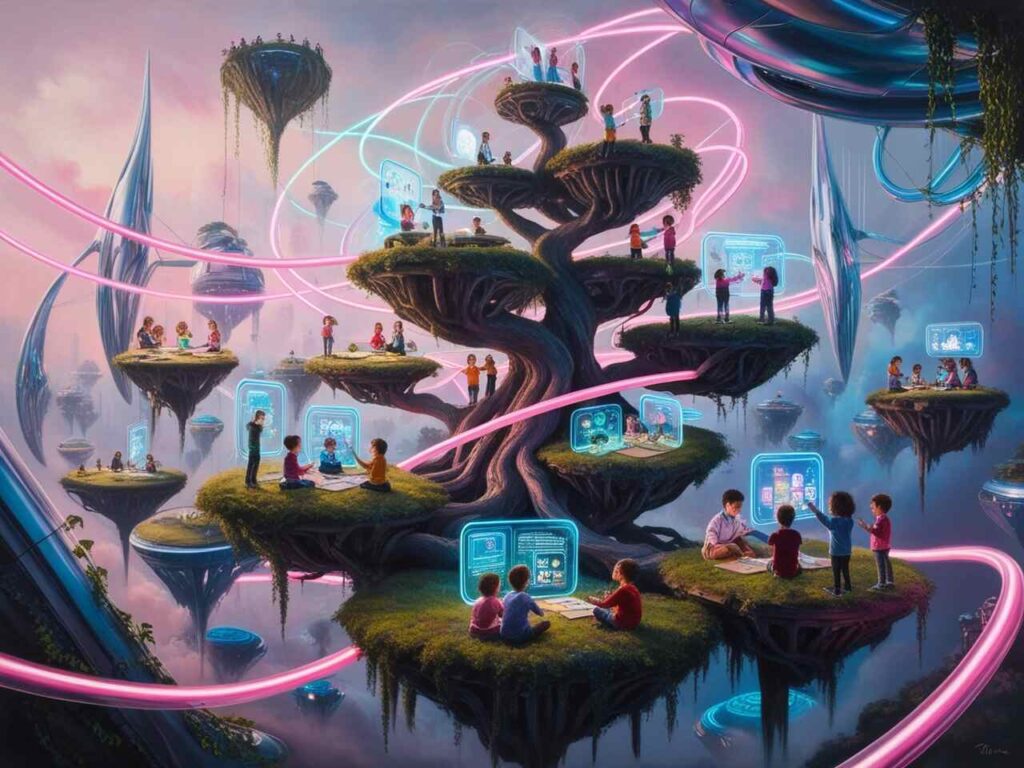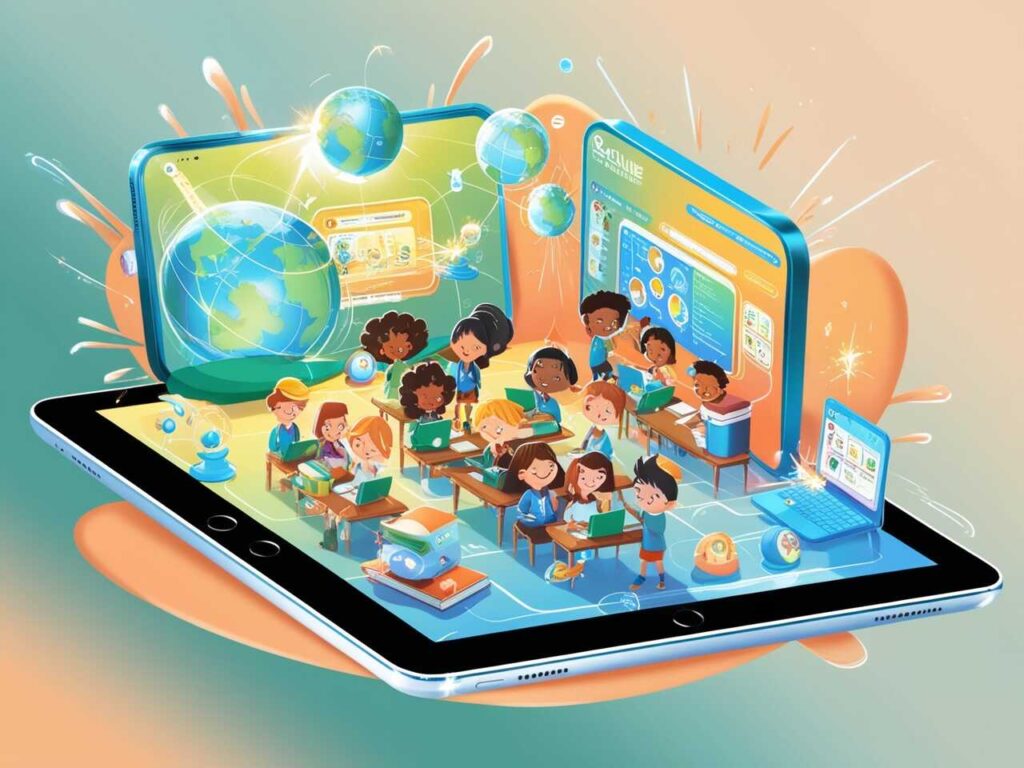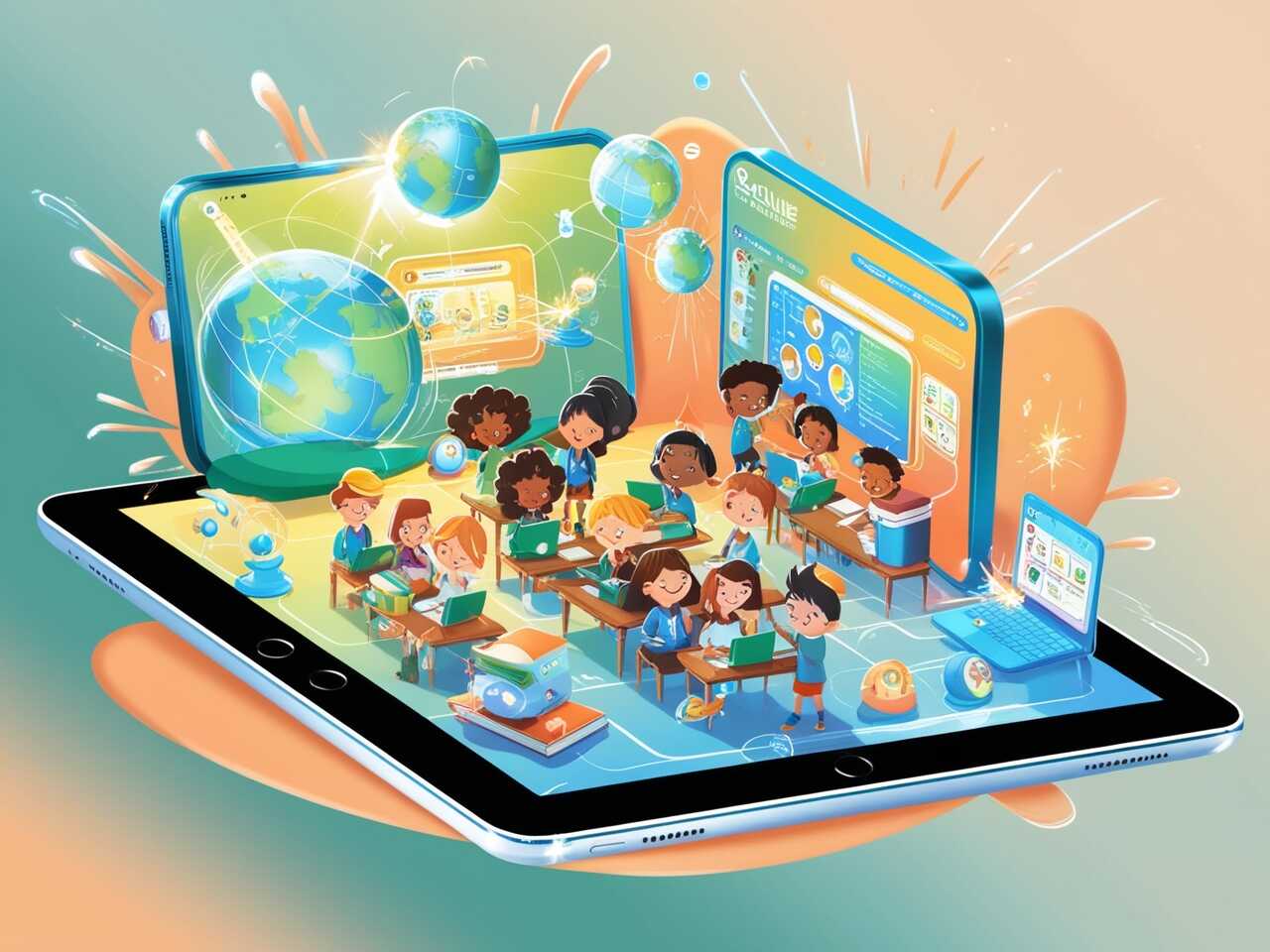Explore Nontraditional Educational Models Now
Have you ever found yourself asking Nontraditional Educational Models: is there an alternative way of learning beyond sitting in a classroom with teachers, textbooks and chalkboards? Well there is! Nontraditional Education Models provide us with another exciting avenue of discovery like finding hidden paths in video games – let’s take an exciting school bus ride into this exciting realm together!
What Are Nontraditional Education Models?
Imagine being able to take classes anywhere – at home, a museum, or even the park! Nontraditional education models provide learning methods that go beyond our normal experience of classroom learning; rather than sitting behind desks from morning until afternoon in an actual classroom environment, these nontraditional models enable learning in alternative and fun ways.

Why Are We Adopting Nontraditional Education Models?
Every brain is like a snowflake – no two are identical! That means we all learn differently – some prefer reading quietly while others like watching videos or doing experiments to better understand how things function. Nontraditional education models help every student find his or her optimal way of learning.
Homeschooling: This nontraditional education model involves children studying with their parents or tutors at home instead of attending traditional schools, acting like their own personalized learning institution! Essentially, it’s like having your own private classroom!
- Tell me now meaning in Hindi | टेल मी नाउ का हिंदी मतलब बताएं! 😊
- मुझे हिंदी में बताइए | टेल मी का मतलब समझें आसान चरणों में 😊
- आपको जल्द ही फोन करूंगा हिंदी में इसका मतलब | इससे बेहतर कोई नहीं बता सकता 😃
- पीसीओडी (PCOD) का हिंदी में अर्थ
- “Bon” का हिंदी में अर्थ: एक विस्तृत विवेचना
- NEET Objection window
- How AI is Tackling Teacher Burnout and Boosting Retention in 2025
Montessori Schools: These schools serve as playgrounds for learning. You get to select what topics and materials interest you the most and explore and play with various items provided.
Charter Schools: These special schools allow for experimentation of innovative teaching practices and are like laboratories of education experimenting with groundbreaking ideas.
Unschooling: Like homeschooling, unschooling allows the learner to decide what s/he would like to study based on what interests them – for instance if dinosaurs fascinate you could spend all your free time becoming an expert on them!

One of the key advantages of nontraditional education models is how they make learning more engaging and enjoyable. You may get to go on more field trips, do hands-on projects or explore topics you find fascinating. Plus, learning at your own pace means no pressure or time limits need be placed upon yourself for difficult topics.
Challenges to Consider
Although these models are exciting, they also present challenges. Not everyone has access to an internet-enabled computer for online schools and some parents might not have time or the dedication required for home tutoring their child(ren). Therefore it’s vital that each kid gets an equal chance at learning through whatever approach works best for them.
As we look toward the future, more students may begin learning through nontraditional means. You could one day have a robot as your tutor or experience virtual reality field trips to places like Mars!
What Are Your Opinions On Nontraditional Education Models
Now that you understand nontraditional education models, what are your thoughts? Would you prefer learning in another manner or do you love your current school just the way it is? Either way, it’s fun to consider!
This article is designed to engage and educate a younger audience, providing an engaging introduction to nontraditional education models in an accessible manner. For publication or educational use, more comprehensive content needs to be added, along with credible references or links for citation.


